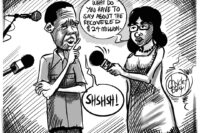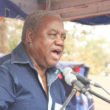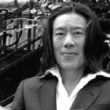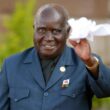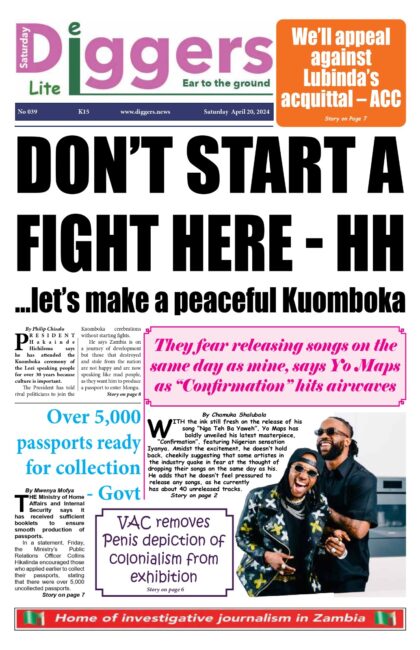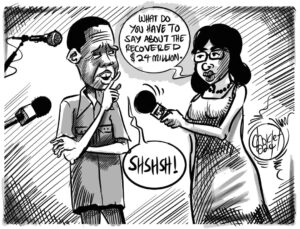TRIBALISM is like a fire, easy to light up, but extremely difficult to put out, veteran politician Vernon Mwaanga has warned.
In a statement, Monday, Mwaanga stated that there was need for serious introspection among leaders and citizens, noting that the environment was ripe for manipulation by tribalists.
“On the political front, we still have no meaningful dialogue among our political leaders, who continue to talk at each other and not to each other. Regrettably, we have also had the merchant’s tribalism blowing their horns loudly, and taking advantage of a situation that is ripe for easy manipulation by those who are tribalists. In the last few days, we have had two of unarmed and law abiding fellow citizens that were simply exercising their constitutional rights of both assembly and protest being needlessly killed in cold blood – an event that was witnessed by many. What has gone wrong? Something has seriously gone wrong and the time for self-introspection as a country is now – for both our citizens and all leaders,” he said.
“History is replete with many sad examples of the horrific damage caused by tribalism and ethnicity in the world. Nearer home, we witnessed genocide in Rwanda involving Tutsis and Hutus, which resulted in the death of over 800,000 people. The exhibits of those tragic occurrences are still visible in the museums of Rwanda in the form of human skulls. Some irresponsible politicians use tribalism to advance personal interests. The Colonialists used divisive tribal schemes to try and divide us but these tactics, ended in heroic failure. I was rather struck by a line I read in the Quran where Allah says “We created and appointed you races and tribes so that you may know one another”…If we stubbornly refuse to learn from the lessons that are before our very eyes by deliberately promoting tribalism, a time will come when we will no longer have a country to speak about. Let us always remember this – that tribalism is like a fire – easy to light up, but extremely difficult to put out.”
He expressed concern that the current crop of political leaders did not seem to appreciate the value of dialogue and consensus in nation building.
“This may seem odd, since some of our people hold a distorted view that the word “tribe” implies being pugnacious and exclusionary. The main point being made here is that when people differ -which is often in a democratic dispensation – every effort must be made to peacefully resolve differences through a genuine process of dialogue. Our current crop of political leaders, do not seem to appreciate the value of dialogue and consensus in nation building. Enemity politics have become the order of the day. Whatever ruling party is in power at any given time, it has the responsibility of taking the lead in calling for dialogue, just like MMD did in the 20 years they were in power,” Mwaanga stated.
“After all, political power is not permanent. It changes hands from time to time in a democracy, even in the nascent ones like Zambia, which are struggling to survive. As we prepare for our tripartite elections on 12th August, 2021, all political parties must publicly commit themselves to zero tolerance to violence; free fair, transparent and credible elections which must meet international standards; level playing field for all political parties and candidates campaigning in all parts of Zambia; the entire electoral process should be observed at each and every point, to give the process credibility in the eyes of the participants and the public at large.”
He added that during the struggle for independence, there was recognition that the country’s ethnic diversity would be used as a point of national strength.
“During the struggle for independence, we fought for our country as one people. As independence approached, our enlightened founding fathers of our nation, came up with “One Zambia, One Nation”. They recognised and accepted that all the 73 tribes of Zambia, needed to feel that each and tribe was just as important as the other and that all tribes would be treated as equal. There was a recognition that our ethnic diversity, would be used as a point of national strength. This was reflected in the appointments of the first cabinet in 1964. A similar pattern followed in the appointments of senior civil servants, parastatal chiefs and members of the diplomatic service. These appointments represented the Zambia we wanted to see. This approach won us the acclaim and a probation of many countries around the world, and was emulated by other countries on the continent. The “One Zambia, One Nation”, has served our country well in the past, but it is disturbing that it has come under attack recently from some young politicians and their cronies, who have been deliberately singling out specific tribes for condemnation and ridicule,” he stated.
Mwaanga stated that it was very disturbing that voting patterns over the years had been regional.
“Our voting patterns in recent years have been very regional and no one should try to be more Catholic than the Pope. Every part of Zambia must plead guilty. The old North Western Rhodesia has been voting one way and the old North Eastern Rhodesia, has also been voting one way in the last few elections. Is this disturbing? My answer is, yes it is disturbing and I mean very disturbing. We should do everything to keep tribalism out of our country and out of our minds. Tribalism has the potential to destroy our country and introduce disunity and separation. It leads to nepotism and creates misunderstandings between citizens of one country. Given that there are many inter-tribal families in the country, something which we always welcomed whenever it took place, it has the potential of even ripping families apart,” stated Mwaanga.




